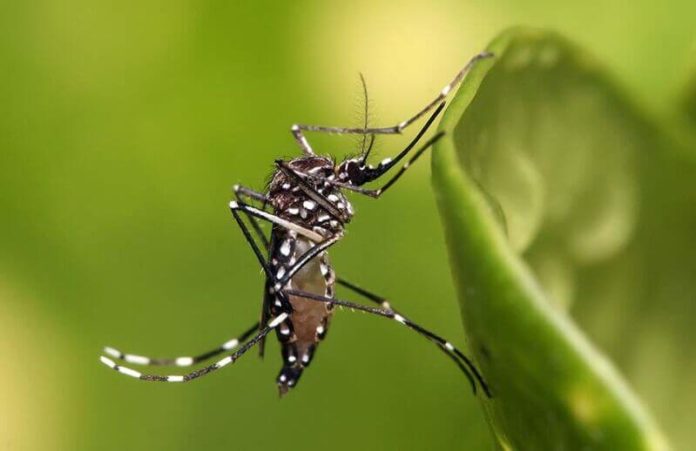A vaccine to combat chikungunya fever, a viral infection transmitted by mosquitoes, has been successfully trialed on humans.
The ChAdOx1 Chik vaccine, developed by the National Polytechnic Institute (IPN) in collaboration with Oxford University and the University of Texas, is only the fourth potential defense to be tested on humans since the fever was first isolated and identified almost 70 years ago. Previous attempts to create a vaccine were unsuccessful.
Chikungunya fever, like zika and dengue, is a disease transmitted by mosquitoes and circulates widely in hot and humid areas of Mexico and Central and South America, and in other parts of the developing world. It carries a risk of death of about 0.1% but can leave people with permanent arthritis.
The vaccine injection was given to 24 healthy volunteers between the ages of 18 and 50, a common range for phase I clinical trials. The results indicated that 100% of the volunteers who received the vaccine developed antibodies against chikungunya regardless of the dose, which means that even very low doses could afford high levels of protection. Broadly neutralizing antibodies against four lineages of the virus were found in all participants and as early as two weeks after vaccination, according to the scientists’ report of their findings in the journal Nature.
The volunteers’ defense against the virus remained high for the whole six-month duration of the trial.

Dr. Arturo Reyes Sandoval of the IPN said the vaccine was developed on a similar foundation as the Oxford-AstraZeneca vaccine for COVID-19, using the same respiratory virus as its base.
He added that researchers applied genetic engineering to the respiratory virus so that it can express five proteins — rather than one — and thus generate immune responses against much of the virus that causes chikungunya fever.
Chikungunya was first described in 1955, following an outbreak in 1952 in east Africa. The name comes from the Tanzanian Kimakonde language and means “to become contorted.”
Mexico News Daily
